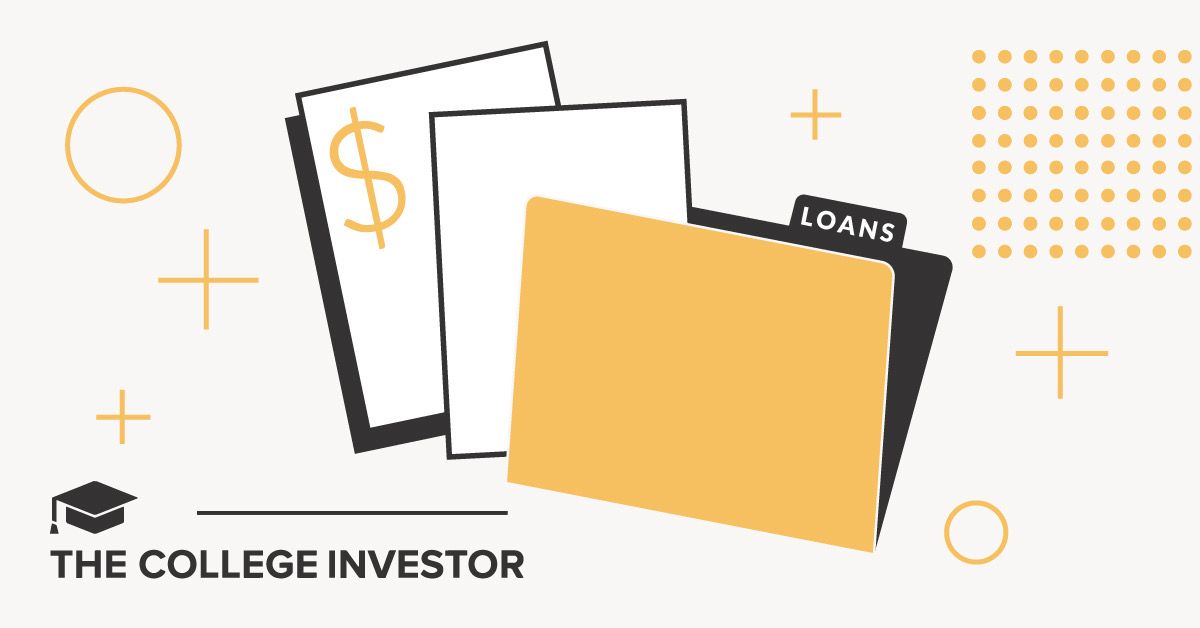Fixed Rate Loan
Definition
A fixed rate loan is a type of loan where the borrower pays a set interest rate for the entire term of the loan, making the payments predictable and consistent.
Detailed Explanation
A fixed rate loan is characterized by its stable interest rate throughout the loan's duration. Unlike variable or adjustable-rate loans where the interest rate may fluctuate based on market conditions, a fixed rate loan maintains the same interest rate from the beginning to the end of the loan term. This predictability makes budgeting easier for borrowers, as they know exactly how much they need to pay each period.
The interest rate on a fixed rate loan is determined at the outset, based on factors such as the prevailing market rates, the borrower’s creditworthiness, and the term of the loan. The total amount repaid over the course of the loan includes both the principal (the original amount borrowed) and the interest.
Fixed rate loans are popular for mortgages, car loans, and personal loans, especially in an environment where interest rates are low or expected to rise. The primary advantage of this type of loan is the security and simplicity it offers. Borrowers are shielded from sudden increases in interest rates, which can occur in a fluctuating economic climate.
However, fixed rate loans can also have drawbacks. If interest rates fall significantly after a fixed rate loan is taken out, borrowers may end up paying more in interest than they would have with a variable rate loan. Additionally, fixed rate loans often come with higher initial interest rates compared to variable rate loans, as lenders need to account for the potential loss of income should interest rates rise.
Example
Suppose a borrower takes out a 30-year fixed rate mortgage for $200,000 at an interest rate of 4%. The borrower will pay the same amount monthly, combining principal and interest, for the next 30 years, regardless of changes in the market interest rates.
Key Articles Related To Fixed Rate Loan
Related Terms
Variable Interest Rate Loan: A loan with an interest rate that can change over time based on market fluctuations. Changes in the interest rate will cause the payment to change in order to cover the new interest payments.
Amortization: The process of paying off a debt over time through regular payments.
Capitalization: The process of accrued interest being added to the principal loan balance.
Interest Rate: The percentage at which interest is paid by a borrower for the use of money that they borrow from a lender.
Principal: The original amount of money borrowed before any interest or fees are added.
Frequently Asked Questions
What happens if market interest rates decrease after I take a fixed rate loan?
If market interest rates decrease, your loan’s interest rate remains unchanged. You continue to pay the agreed-upon rate.
Can I refinance a fixed rate loan?
Yes, borrowers can refinance their loans, possibly to take advantage of lower interest rates or better terms.
Are fixed rate loans more expensive than variable rate loans?
Initially, fixed rate loans may have higher interest rates compared to variable rate loans. However, they can be less expensive in the long run if market interest rates increase.
Is a fixed rate loan better for long-term financing?
Fixed rate loans are often preferred for long-term financing, like mortgages, due to their predictability and stability.
Editor: Ashley Barnett
